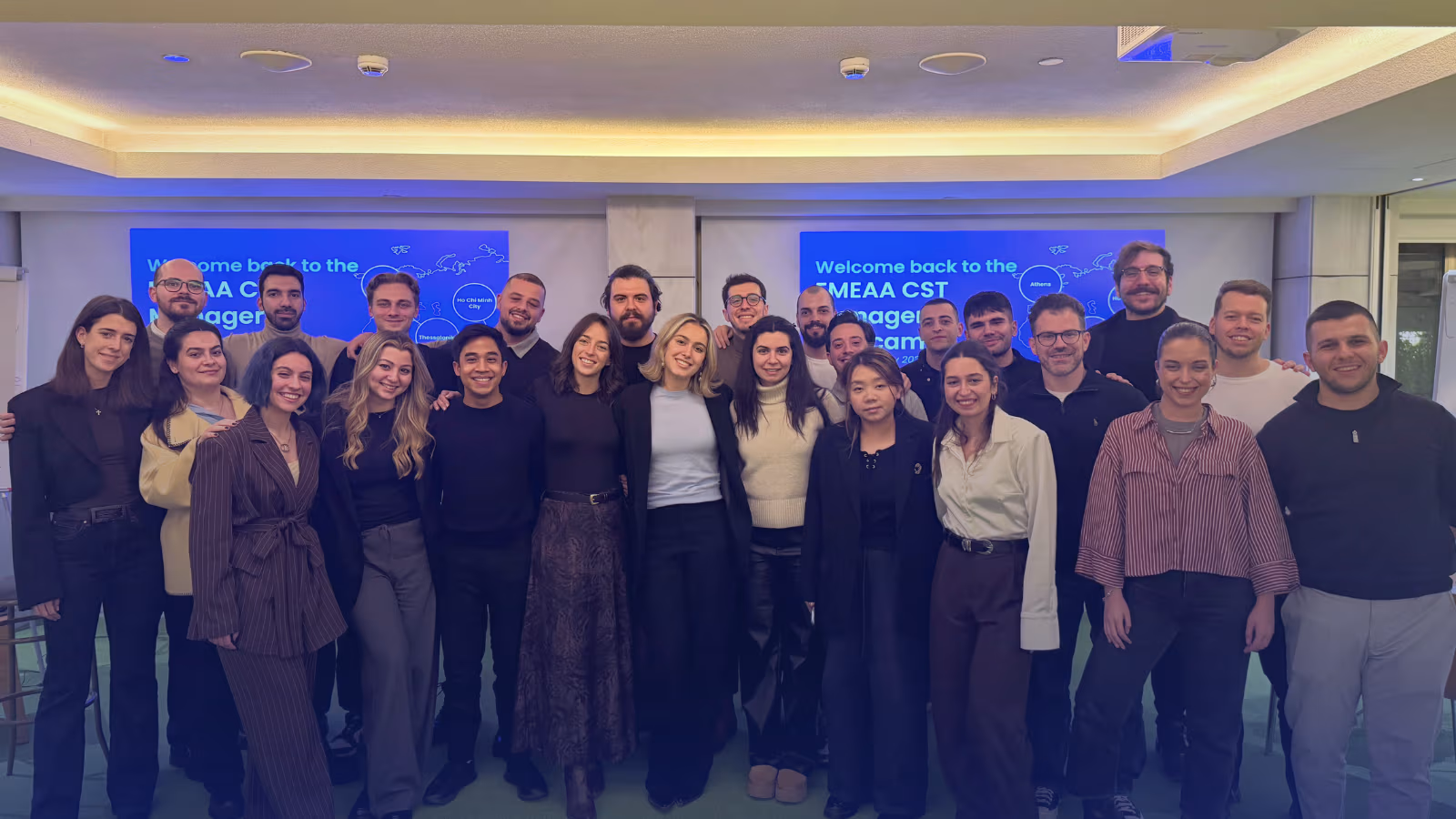Cybersecurity Software Due Diligence: How Investors Validate AI, Cost, and Threat Coverage

Introduction
Cybersecurity software has shifted from a reactive IT safeguard to a strategic boardroom priority. With escalating attack surfaces, AI-powered threats, and compliance frameworks tightening across regions, cybersecurity software due diligence is no longer about product feature lists, it’s about implementation risk, platform overlap, and operator insight.
Across Origin cybersecurity-focused expert surveys, leaders emphasized the same point: implementation matters more than marketing, and real-world fit is everything. For private equity investors and corporate strategy teams, understanding what truly works in cybersecurity implementation is mission-critical.
Quick Summary Table
Key Focus Areas
AI as a Differentiator, and a Risk
AI is now table stakes in vendor decks, but real-world adoption is more modest. According to Origin Insights, experts note that AI adoption tends to concentrate around administrative efficiencies rather than true threat intelligence.
Commercial priorities frequently overshadow technical differentiation. As one expert noted, distributors often “recruit more and more vendors into their portfolio...stacking technology vendors high regardless of the solution they are selling.” This market dynamic raises questions about how deeply AI capabilities are integrated into products, and how much is just positioning.
Investors must assess not only AI capability but governance; how the models are trained, validated, and tested for bias or manipulation.
Regional Differences in Adoption
While North America and Western Europe account for over 70% of global spend (IDC, 2025), markets like LATAM and the Middle East are entering their first major investment wave.
This creates asymmetric diligence risks. Operators in Germany report consolidation of multi-vendor stacks; meanwhile, a telecom leader in Colombia shared, “We still rely on antivirus software and VPN as core defence.”
This dichotomy demands investor awareness of where a vendor’s core traction truly lies, and how channel readiness varies by geography.
Channel and Distribution Complexity
The route to market can make or break cybersecurity vendor success. According to Origin Insights, distributors split between two strategies:
- Deep portfolio alignment with best-in-class vendors
- Broad geographic reach with overlapping tools
This second model often leads to internal competition and uneven revenue capture. As one expert noted, “A lot of these companies can do a lot of the same functionality. Some might do a bit more, a bit less, a bit better, not too good, but they all do similar things.” The result? A handful of vendors dominate usage and revenue, while the rest risk churn, underutilization, or contract displacement.
Glossary: What is a value-added reseller (VAR)?
A VAR resells vendor cybersecurity tools, often bundling them with services like integration, compliance audits, or staff training. Their portfolio breadth affects revenue mix and churn exposure.
What Experts Say vs Founder Claims
Operators often face a gap between vendor promises and post-sale realities:
- Vendors frequently offer similar functionality, making it difficult to distinguish real technical value.
- AI capabilities are often overstated, with usage limited to backend automation like log analysis and alert triage.
- Channel growth is driven by scale, not fit; distributors expand via territory and vendor stacking, not operational readiness.
As one expert put it, “There has been some consolidation... because there’s just not enough business in the market for all the players.” These gaps directly affect implementation success and future upsell. Investors should prioritise validation calls over sales-led references.
How Calls Are Used in Diligence
- Private Equity Teams use calls to test claims about AI, quantify implementation cost inflation, and map competitive landscape gaps.
- Corporate Strategy Leaders use insights to evaluate platform consolidation opportunities and inform roadmap decisions post-acquisition.
- Most Insightful Roles include: CISOs (strategy + integration), Security Architects (technical depth), and Ops Leads (change management friction).
Common Questions Investors Ask
What are common diligence risks in cybersecurity software?
- AI inflation without measurable efficacy
- Redundant feature sets across vendors
- Cloud migration challenges in regulated sectors
- High cost of SIEM or endpoint integrations
How do investors evaluate platform consolidation potential?
- Spend audits often reveal 3+ overlapping tools for detection, response, and access control
- Usage telemetry and contract reviews help surface inactive or under-leveraged modules
- Post-merger case studies show ROI lifts of 18–24% via stack rationalisation
What early red flags signal future churn?
- High false positive rates in alerting tools
- Low end-user adoption of MFA or endpoint agents
- Regional offices bypassing centralised security policies
What Investors Learn from Origin
Origin Insights helps investors avoid buying the demo, and start buying what actually gets used. In recent Dialectica cybersecurity diligence projects, operator input surfaced critical gaps between vendor claims and real-world execution, especially in AI and regional coverage.
For investors validating cybersecurity tools, Origin Insights provides a ground-truth shortcut, offering clarity long before the next ransomware headline hits.
Conclusion: What This Means for Investors
Cybersecurity due diligence is shifting from checking threat coverage to assessing implementation friction, AI governance, and channel execution. The firms who win in this category aren’t just buying the right software, they’re validating vendor claims with ground truth from operators.
Before you invest, validate these factors:
- AI functionality – Distinguish rule-based automation from real predictive tools
- Cost efficiency – Check for tool sprawl and license redundancy
- Geographic maturity – Know where a vendor performs vs where they’re expanding
Want to see real market dynamics before your next deal? Tap into Origin Insights.
Frequently Asked Questions
How is AI really used in cybersecurity software today?
Most companies use AI for alert prioritisation and log analysis. Claims of autonomous response or predictive defence are rare in production environments.
Why is platform consolidation a big trend?
Companies are cutting redundant spend. Many use 2–3 overlapping tools for Network and Endpoint Security Software or identity security. Consolidation saves cost and simplifies security ops.
What diligence challenges are unique to cybersecurity?
Threat actor tactics evolve quickly, and regional regulations vary. Diligence must cover not just feature depth, but adaptability, compliance readiness, and team training.
About the Author
Cecile Novion
Managing Director, Origin Insights
Cécile Novion leads the Private Equity and Origin Insights division at Dialectica, where she focuses on building decisive information advantages for top-tier private equity firms throughout their deal sourcing and due diligence workflows. Her strategic insight is shaped by senior leadership roles at global consulting firm BCG and mobility leader Beat.
Beyond her work at Dialectica, Cécile is a Board Member at La French Tech Bogota and is a passionate advocate for technology, entrepreneurship, and the empowerment of women in their personal and professional lives.
Connect with Cécile on LinkedIn.
-p-1600.avif)










.avif)










-01.avif)


